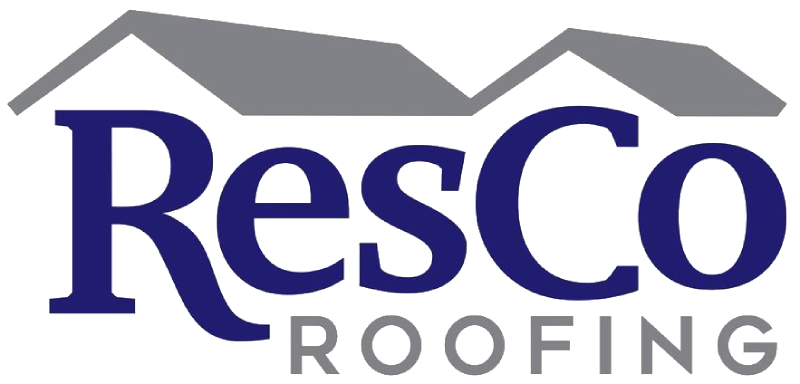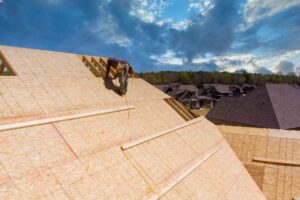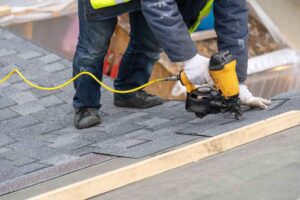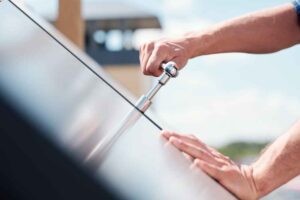Roofing is not a do-it-yourself task. Repairing a roof is dangerous and working several feet off the ground requires skill and safety training. Roofers are highly experienced and know how to repair or replace a roof correctly. Doing a poor job yourself can cause further damage and lead to expensive repairs or replacements that might void any warranties on new materials. In this article we’ll discuss the consequences of not hiring a professional roofer.
1. Damaged Roof
A roof is one of the most important parts of your home. It protects your home from the elements, and a faulty roof can lead to serious problems. Hiring a professional to inspect and repair your roof will ensure that it is up to code and is in good condition.
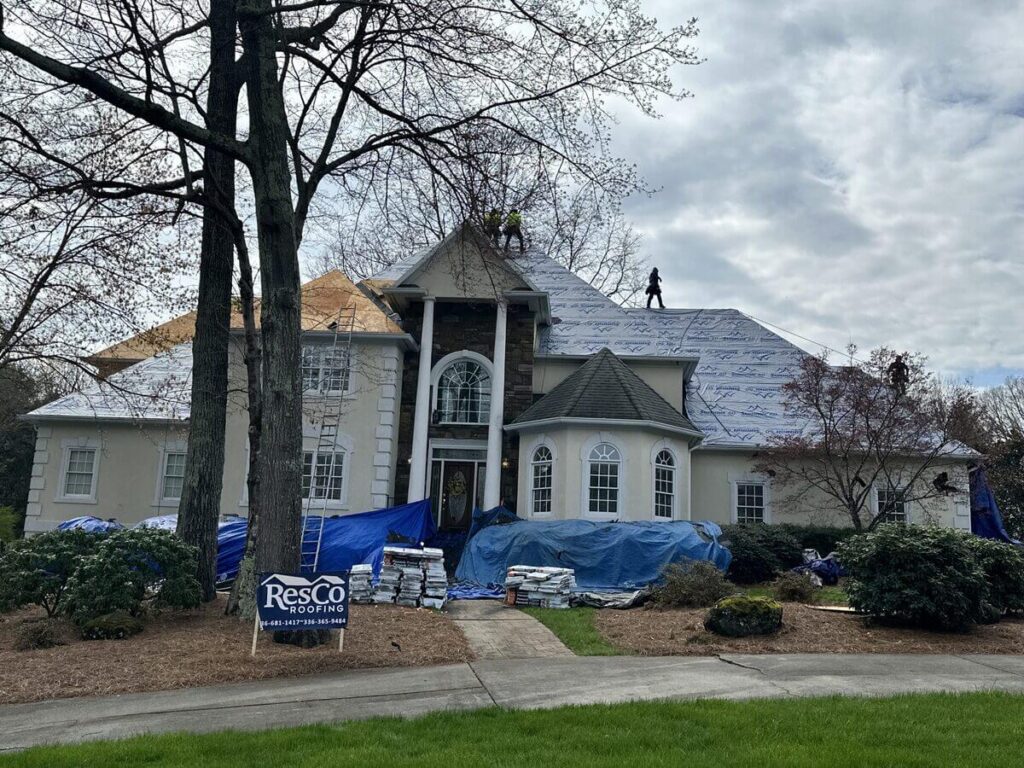
A local roofing contractor will be able to respond quickly to any storm damage you may have. They will also have experience working with insurance companies to get your claim approved.
Trying to do roof repairs yourself can cause more damage than necessary. Roofers will come prepared with tools that are designed to work on your type of roof. This includes safety harnesses, work boots, and ladder hooks. They will also have roofing nail guns, air compressors, hammer tacker staplers, roof shovels, and other essential tools.
2. Water Leaks
Out of sight, out of mind — until a pool of water on your bed reveals an unsettling roof leak. These types of issues need to be addressed quickly to curb any water damage or potential health risks.
Moisture leaking from a faulty roof can ruin drywall, ceiling tiles, and wood framing, leaving homeowners with expensive repair bills. It can also cause mold, which is a serious health concern for homeowners. In addition, mold can ruin furniture and electronics.
Professional roofers are trained and equipped to find the source of a leaky roof. They can also inspect other areas of your roof for leaks that may not be visible to the naked eye. An experienced team can save homeowners time and money by tackling the problem quickly.
3. Injuries
The work of a roofer is incredibly dangerous. In fact, according to the 2020 Census of Fatal Occupational Injuries, roofing is one of the most dangerous jobs in America, with a rate higher than fishing and hunting workers, logging workers, aircraft pilots and flight engineers, or stevedores.
Professional roofers have a wealth of technical know-how that helps them work safely on a rooftop. They also use harnesses and specialized equipment to help mitigate falling injuries, such as head trauma. Additionally, they are familiar with electrical hazards and ensure that all equipment is kept away from power lines to avoid electrocution.
If a roofer is injured on the job, it can lead to costly medical bills and disruption to their life. A qualified lawyer can help them file for Workers’ Compensation and seek third-party benefits for pain and suffering.
4. Damaged Interiors
While visually inspecting your roof on occasion is a good idea, it shouldn’t replace hiring a professional roofing company. A professional roofer will be able to complete the entire job in a short time span. This means you won’t have to spend all day on a ladder and risk your safety to do the job yourself.
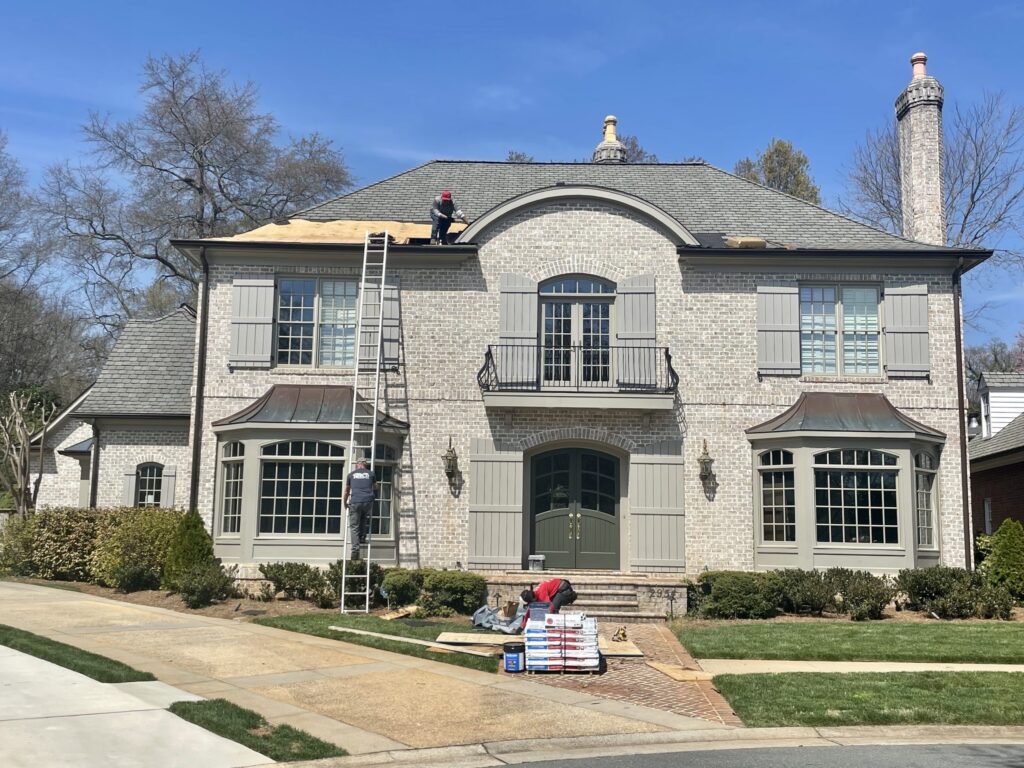
Another thing that homeowners should always keep in mind is the clean up process. Unprofessional roofers may leave old shingles, nails and rotten plywood all over your driveway, yard and surrounding areas. Make sure that the company you hire is going to take care of all the debris after completing their work.
Also, many unlicensed roofers do not carry worker’s compensation coverage. This could mean that if a worker gets injured on your property and is not covered, you are responsible for their medical bills.
5. Property Damage
A licensed roofer should have workers’ compensation and liability insurance to protect homeowners in the event of an accident. If a worker is injured and does not have compensation coverage, the homeowner could be responsible for medical bills and lost wages. Homeowners’ insurance will not cover damages caused by unlicensed contractors.
You should always inspect the work of a roofing company before hiring them to do any repairs or replacements. Visual inspections can identify a number of issues, including improper installation and low-quality materials. A professional should also provide a contract that details the specifics of the project and specifies the type of roofing materials to be used. This should include a warranty to cover any defective materials or workmanship. This is important when dealing with contractors that use subcontractors.
